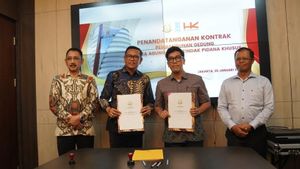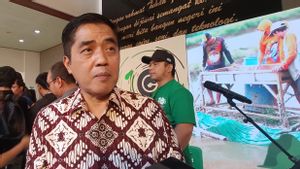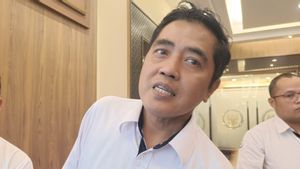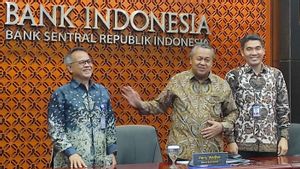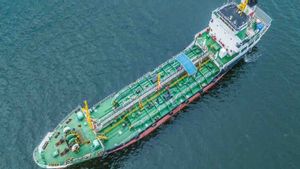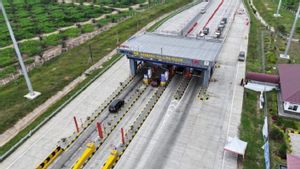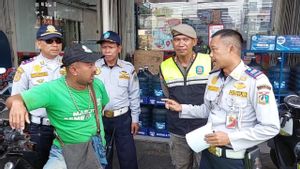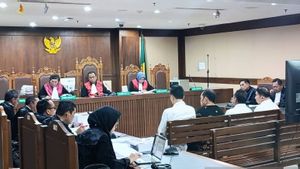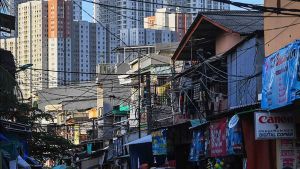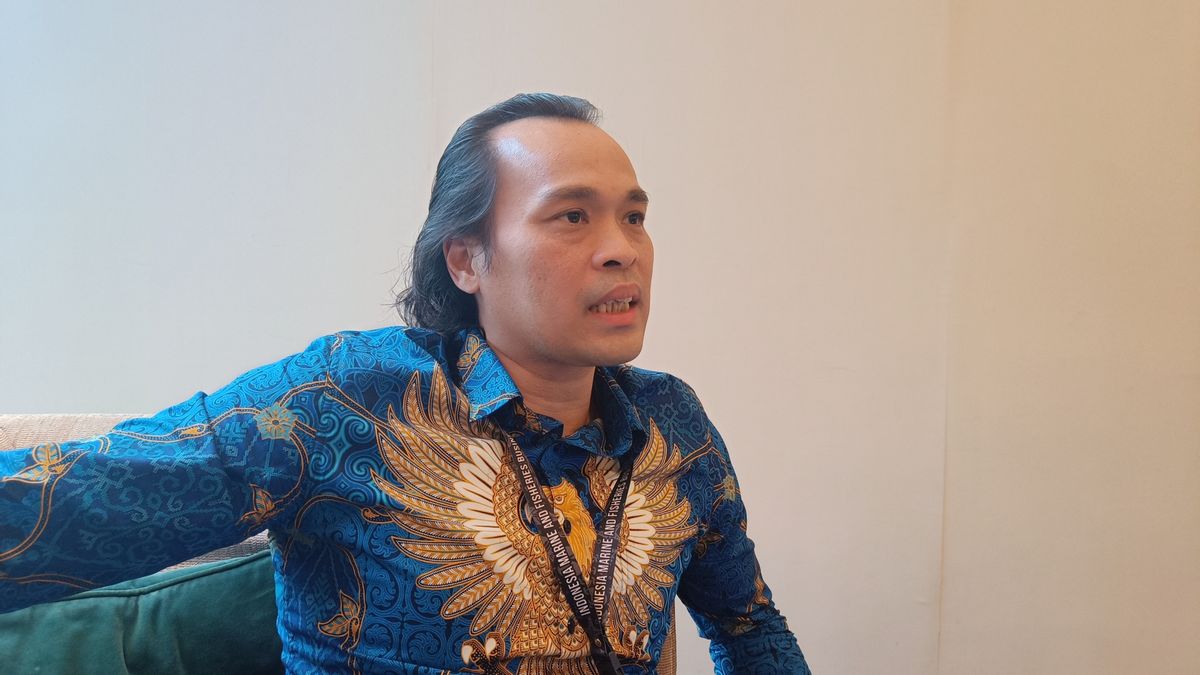
JAKARTA - The Ministry of Maritime Affairs and Fisheries (KKP) ensures that the expansion of the large-scale shrimp farming program or cultivation scheme that will be carried out in the Waingapu area, Sumba, East Nusa Tenggara (NTT), will not damage the mangrove ecosystem in Indonesia.
Special Assistant to the Minister of Marine Affairs and Fisheries for Media and Public Communication of the KKP, Doni Ismanto, said that his party would learn from the shrimp estate that had been built in Kebumen, Central Java, which already has complete documents related to Environmental Impact Analysis (AMDAL).
"How can we have the potential (to damage the environment), it hasn't been done yet. Continue to learn from Kebumen, in fact, we want to give the right example. What is in Kebumen, right, obviously there is an IPAL, take the water from where to dispose of waste, that's all clear," Doni told VOI when met on the sidelines of the Indonesia Marine and Fisheries Business Forum 2024 agenda in Jakarta, Monday, February 5.
Doni assessed that the shrimp estate work that had been completed at Kebumen also had a sea room permit. In fact, he said, his own party gave permission for the sea space.
"That's Kebumen, right, on a small scale, that's why there are (plans) in Waingapu on a large scale. In our Kebumen, right, do everything is complete. In fact, we use the Approval for the Compliance of Marine Spatial Utilization Activities (PKKPRL) everything, we issue PKKPRL, we also try," he said.
"So, we just issue the sea space permit, we will take care of the suitability of the land space utilization activity (KKPR). So, everything is complete," he continued.
Furthermore, said Doni, later the shrimp estate program that will be carried out in Waingapu will have complete documents related to AMDAL and its marine space permit.
So, it is hoped that in the future it will not cause environmental damage in the area.
"This is just all planning. So, if people say there will be damage, what people want to damage has not been done. What has not been done," he said.
"So, there must be those letters, (including) the environmental permit is there. The environmental permit, right, there is an AMDAL, so it's not arbitrary," he said.
As previously reported, the Indonesian Environmental Wahana (Walhi) said that the large-scale shrimp farming program or cultivation scheme would damage the mangrove ecosystem in Indonesia.
Coastal and Marine Campaign Manager Walhi Parid Ridwanuddin said the program was not much different from the food estate which was proven to have damaged the environment.
The difference, said Parid, was that the program was carried out on the coast, while the food estate was on land.
"So, on land, in the forest (food estate) we know it failed. Well, the failure is to be repeated on the coast," Parid said at a press conference in Jakarta, Tuesday, January 23.
Parid said the shrimp estate program was mainly focused on vaname shrimp. This is because this type of shrimp has a large market share, both abroad and domestically.
관련 항목:
This is what prompted the government to initiate the shrimp estate program.
Meanwhile, PT Hutama Karya (Persero) is mandated to work on an integrated shrimp farming construction project (Integrated Shrimp Farming) in Palakahembi Village, East Sumba Regency, East Nusa Tenggara (NTT).
"We will work on pipeline networks, cultivation ponds, wastewater treatment plants (IPAL) as well as regional facilities and procurement of supporting equipment, with a working time of 1,095 calendar days," said Executive Vice President (EVP) Corporate Secretary Hutama Karya Tjahjo Purnomo quoted from Hutama Karya's official website, Thursday, February 1.
The Rp7.11 trillion project, which will be built on an area of 2,085 hectares (ha), is being worked on through operational cooperation (KSO) with PT Adhi Karya (Persero) Tbk, Hutama Karya and PT Minarta Dutahutama (KSO Adhi-HK-Minarta).
The English, Chinese, Japanese, Arabic, and French versions are automatically generated by the AI. So there may still be inaccuracies in translating, please always see Indonesian as our main language. (system supported by DigitalSiber.id)


